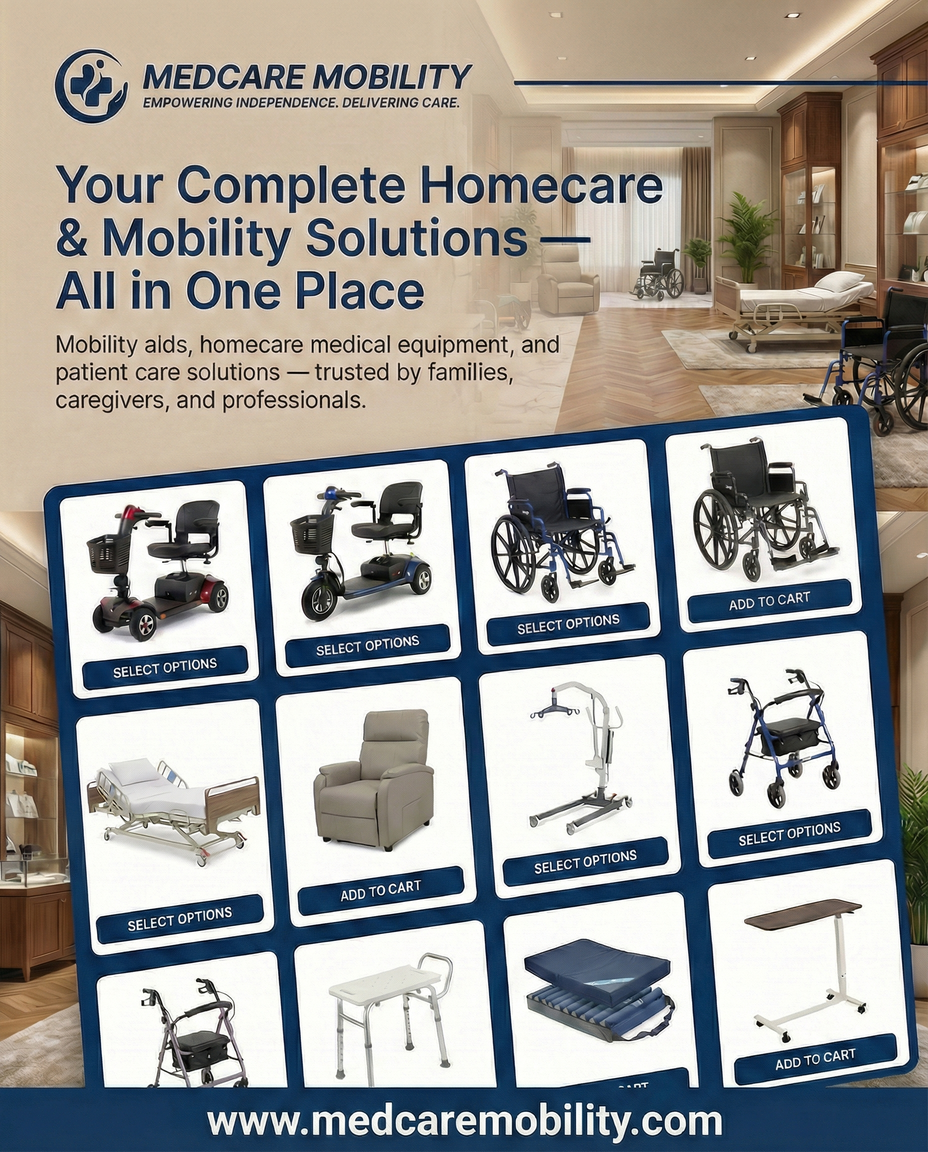Working the night shift has become increasingly common in various industries, but this schedule can come with serious health consequences. Research has shown that long-term night shift work can lead to a range of dangerous health conditions, including chronic diseases and significant disruptions to overall well-being.
Disruption to Circadian Rhythms
One of the primary health concerns associated with night shift work is the disruption of circadian rhythms. The body’s internal clock, or circadian rhythm, regulates sleep-wake cycles, hormone release, and other physiological processes. Night shift work often misaligns with the natural circadian rhythm, leading to several adverse effects.
- Research Findings: A study published in The Lancet Diabetes & Endocrinology in March 2024 highlighted that night shift workers experience disruptions in melatonin production, which can affect sleep quality and increase the risk of metabolic disorders. Reduced melatonin levels are linked to increased risk for conditions such as obesity, type 2 diabetes, and cardiovascular disease.
Resource: The Lancet Diabetes & Endocrinology – Impact of Shift Work on Circadian Rhythms
Increased Risk of Cardiovascular Disease
Night shift work has been associated with a higher incidence of cardiovascular diseases. The irregular hours and stress associated with night shifts can contribute to hypertension, heart disease, and stroke.
- Key Statistics: According to a 2024 study in Circulation, night shift workers are 30% more likely to develop cardiovascular disease compared to day shift workers. The study attributes this increased risk to factors such as poor diet, lack of physical activity, and chronic stress.
Resource: Circulation – Cardiovascular Risks Associated with Night Shift Work
Increased Risk of Metabolic Disorders
Long-term night shift work is linked to an elevated risk of metabolic disorders, including obesity and type 2 diabetes. Disrupted sleep patterns and irregular eating habits contribute to these risks.
- Study Insight: A study conducted by the American Diabetes Association in April 2024 found that night shift workers are more likely to experience insulin resistance and weight gain. The study concluded that the risk of developing type 2 diabetes is 25% higher among individuals who work night shifts regularly.
Resource: American Diabetes Association – Night Shift Work and Metabolic Risk
Mental Health Implications
Night shift work can also impact mental health, leading to increased stress, anxiety, and depression. The misalignment with natural light patterns and social isolation can exacerbate these issues.
- Research Findings: A 2024 review published in Journal of Occupational Health Psychology highlighted that night shift workers have a 40% higher risk of experiencing depressive symptoms and anxiety compared to day shift workers. The review emphasized the need for better mental health support for night shift employees.
Resource: Journal of Occupational Health Psychology – Mental Health Effects of Night Shift Work
Mitigating Health Risks
While night shift work presents significant health challenges, there are strategies that can help mitigate these risks:
- Maintaining a Healthy Diet: Eating a balanced diet and avoiding heavy meals during night shifts can help manage weight and reduce metabolic risks.
- Prioritizing Sleep: Establishing a consistent sleep schedule and creating a conducive sleep environment can improve sleep quality and mitigate circadian rhythm disruptions.
- Regular Physical Activity: Engaging in regular exercise can help counteract the negative effects of sedentary behavior and improve overall health.
- Mental Health Support: Seeking support for mental health issues and managing stress effectively can improve well-being.
Resource: National Sleep Foundation – Tips for Night Shift Workers
Conclusion
Working the night shift can lead to a range of dangerous health conditions, including cardiovascular disease, metabolic disorders, and mental health issues. Understanding these risks and implementing strategies to mitigate them is essential for protecting the health of night shift workers. Employers and workers alike should prioritize health and well-being to address the challenges associated with irregular work hours.

